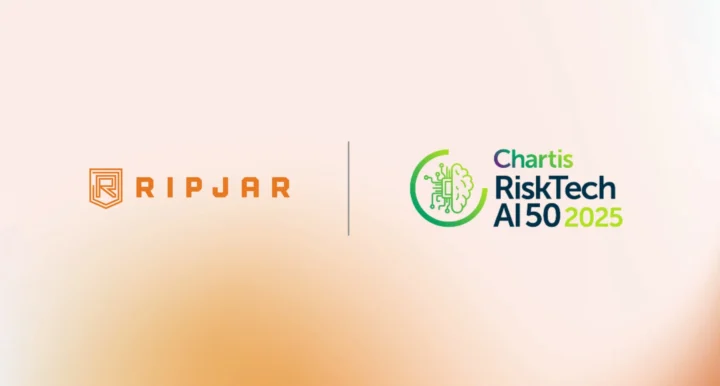As companies engage with counterparties – namely customers, vendors or other parts of their supply chain – it is essential that they understand the risk associated with doing business with all of those entities. That is difficult enough when the counterparties are nearby and really challenging when they are further afield.
At the heart of KYC (Know Your Customer – or KYV for vendors), is a check to see if your customer appears on a public watchlists or sanctions lists. The lists are published by organisations such as the UN and specific governments. The most well known publisher is the US Treasury’s Office of Foreign Assets Control or OFAC. Their sanctions list must be observed by all businesses operating in the US.
In a simpler world, that would be all there was to it, but the requirement is actually more complex. OFAC’s 50 Percent Rule states that “property and interests in property of entities directly or indirectly owned 50 percent or more in the aggregate by one or more blocked persons are considered blocked”. That is to say that sometimes counterparties may not appear on watchlists and sanctions lists but may be majority owned (individually, indirectly or in the aggregate) by sanctioned actors presenting a hidden risk.
We are delighted to announce that we are partnering with Kharon to close the gap. Kharon’s premium 50 Plus data adds another important dimension to the fight against financial crime and desire to protect against reputational risk.
Kharon conducts complex, multilingual investigations for entities that appear on the sanctions list – including their subsidiaries as far down as the ownership chain extends – as well as state owned enterprises in sanctioned jurisdictions. It includes thousands of entities and maritime vessels registered in more than 100 jurisdictions.
If you’d like to know more about how Kharon data can enhance your KYC process, please contact us for a demo.
Last updated: 31 December 2024





